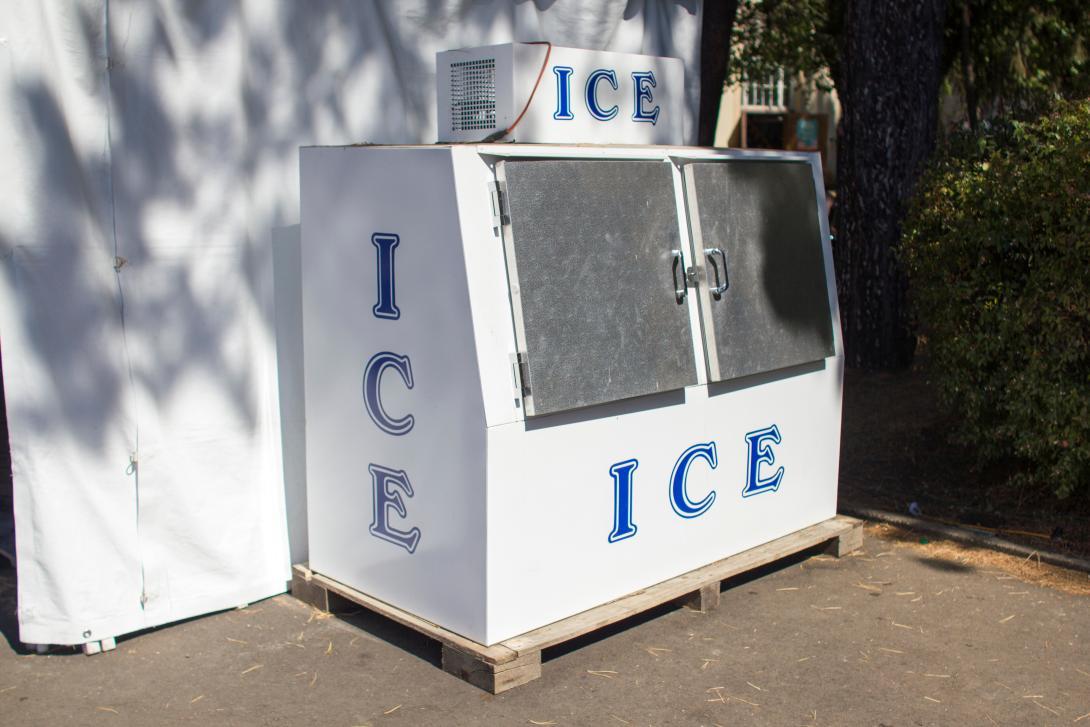In the bustling healthcare landscape of Philadelphia, where patient well-being stands paramount, every aspect of facility maintenance plays a pivotal role in ensuring optimal health and safety standards. Among these critical elements, the cleanliness of ice machines might seem inconsequential, but in reality, it holds significant importance in upholding hygiene protocols and safeguarding patient welfare.
Importance of Clean Ice Machines
Hygiene in Patient Care
Healthcare environments necessitate stringent adherence to sanitation standards. Clean ice machines are pivotal in preventing the proliferation of harmful bacteria, viruses, and contaminants that might compromise patient health. Ice produced in these machines is often used for various purposes within hospitals, from therapeutic applications to hydration, making its purity and cleanliness crucial.
Infection Control
Ice machines, if not properly cleaned and maintained, can become breeding grounds for pathogens. Contaminated ice poses a risk of infections, especially to immunocompromised patients. Maintaining these machines in impeccable condition is a fundamental aspect of infection control protocols within healthcare settings.
Challenges and Solutions
Regulatory Compliance
Philadelphia's healthcare facilities must comply with stringent regulations set forth by local health departments and organizations like the Pennsylvania Department of Health. Cleanliness and maintenance schedules for ice machines are often mandated, making adherence to these regulations a priority.
Maintenance Protocols
Implementing rigorous cleaning schedules and protocols for ice machines is imperative. Regular cleaning, disinfection, and maintenance help prevent the accumulation of harmful substances, ensuring the production of clean and safe ice.
Best Practices
Scheduled Maintenance Routines
Establishing routine cleaning and maintenance schedules tailored to the specific needs of each ice machine is crucial. This includes thorough cleaning, disinfection of internal components, and the replacement of filters and parts as necessary.
Staff Training and Awareness
Ensuring that staff members responsible for ice machine maintenance are well-trained is essential. Educating them on proper cleaning techniques, safety precautions, and the significance of their role in maintaining hygiene standards is key.
Use of Quality Cleaning Agents
Choosing the right cleaning agents, approved for use in healthcare settings, is pivotal. Non-toxic, food-safe, and effective cleaners should be utilized to eliminate contaminants without compromising the safety of patients or staff.
Conclusion
In the intricate web of healthcare operations in Philadelphia, the significance of clean ice machines cannot be overstated. These machines, often overlooked in the broader healthcare infrastructure, play a crucial role in maintaining hygiene, preventing infections, and safeguarding patient well-being.
Healthcare facilities in Philadelphia must prioritize the implementation of stringent cleaning protocols and adherence to regulatory standards concerning ice machine maintenance. By doing so, they not only ensure compliance but also contribute significantly to the overarching goal of maintaining a safe and sterile environment for patient care.
